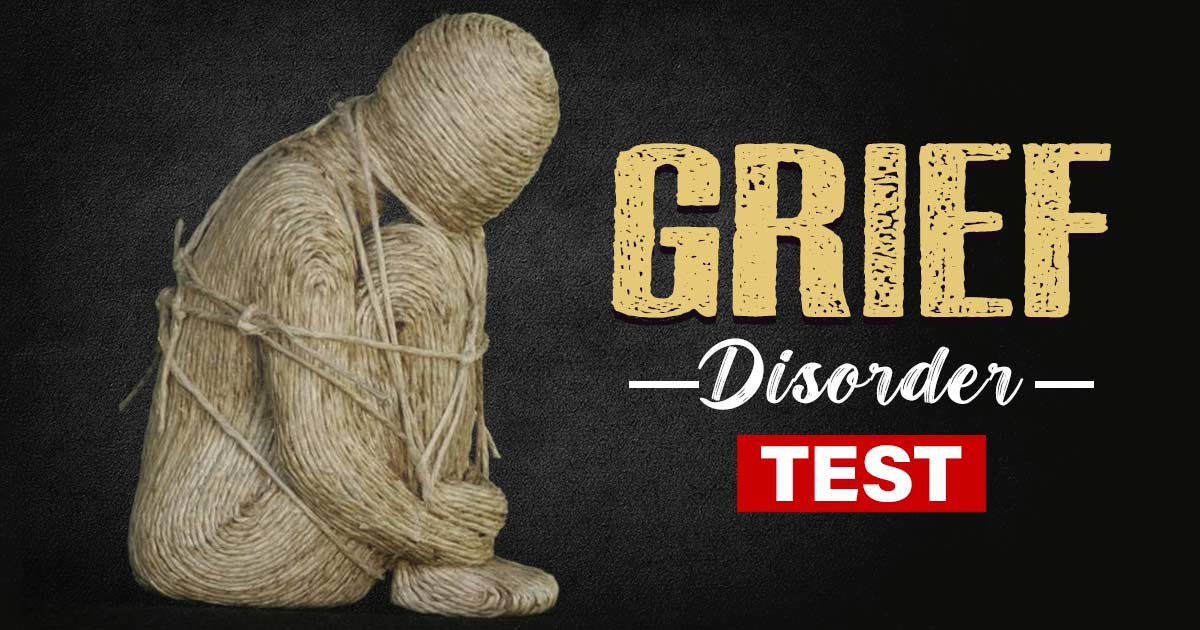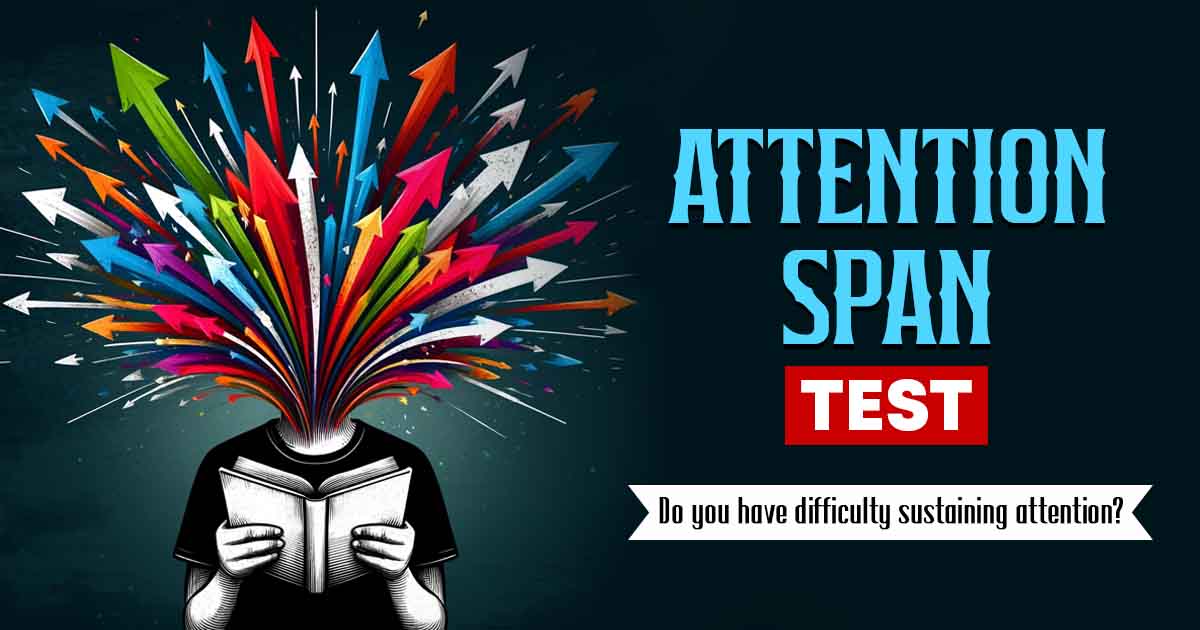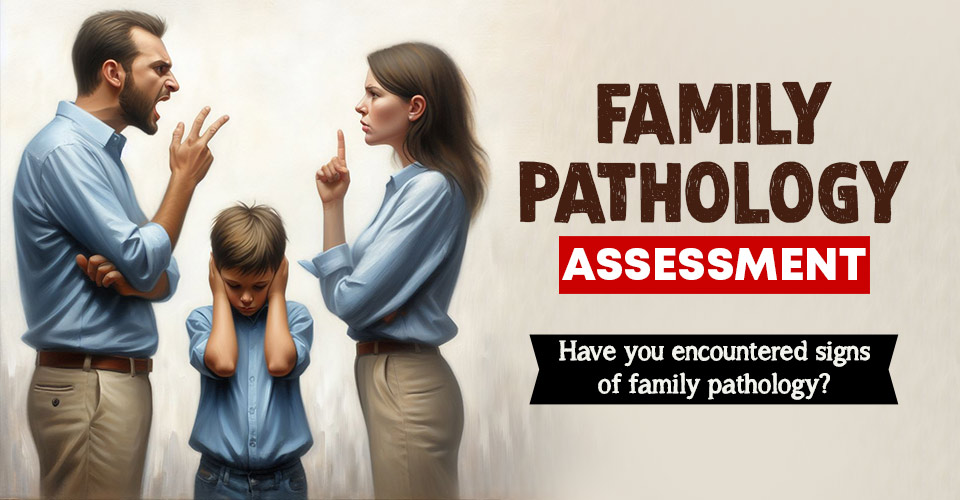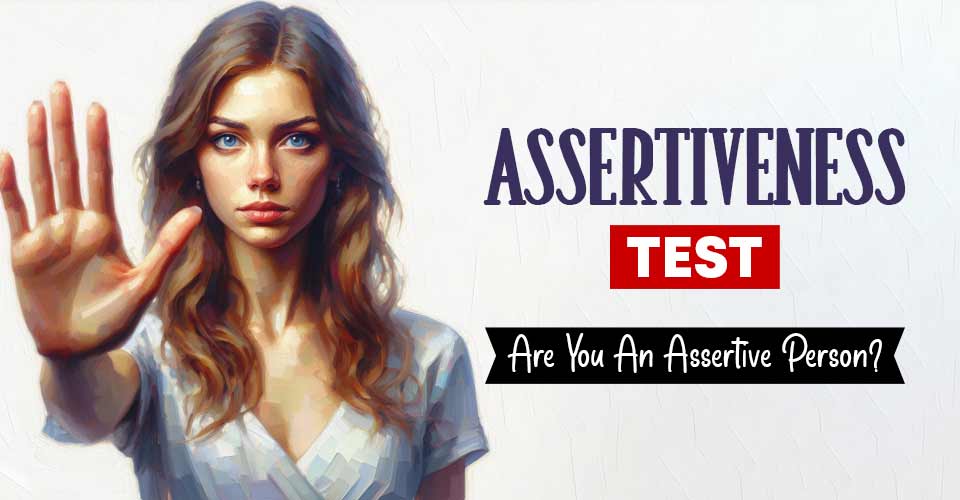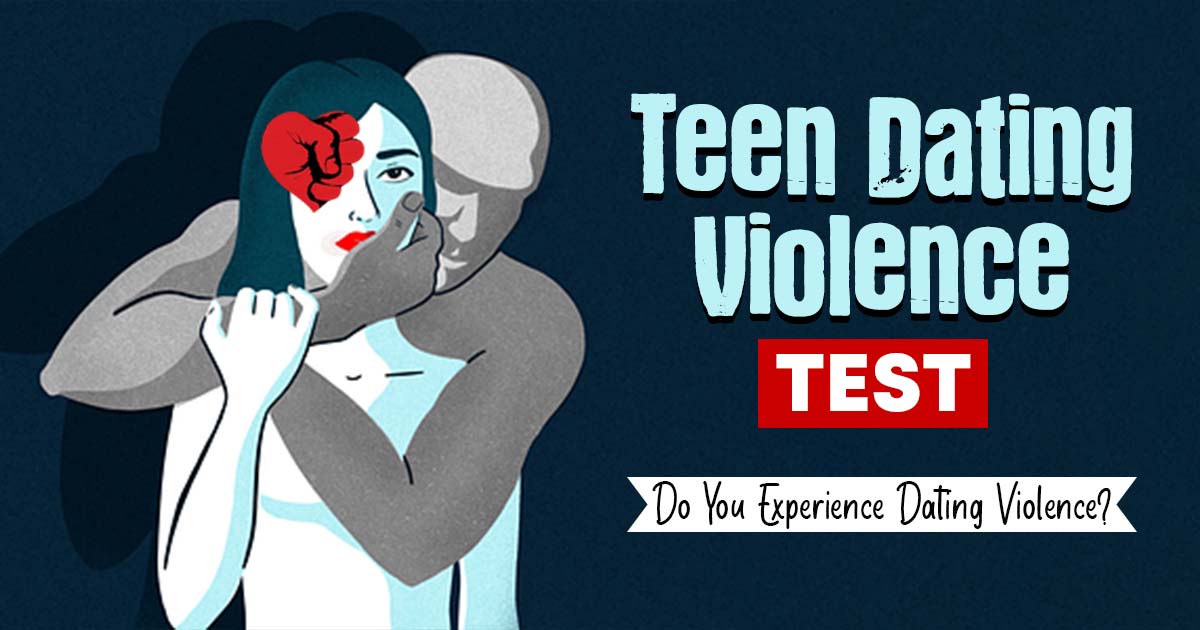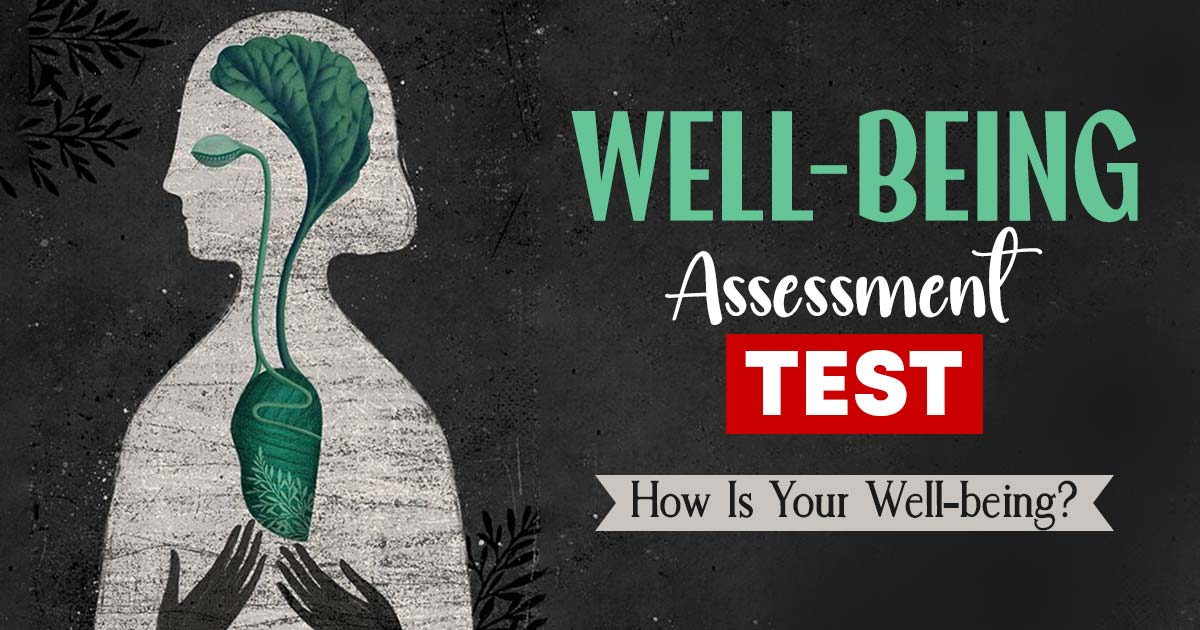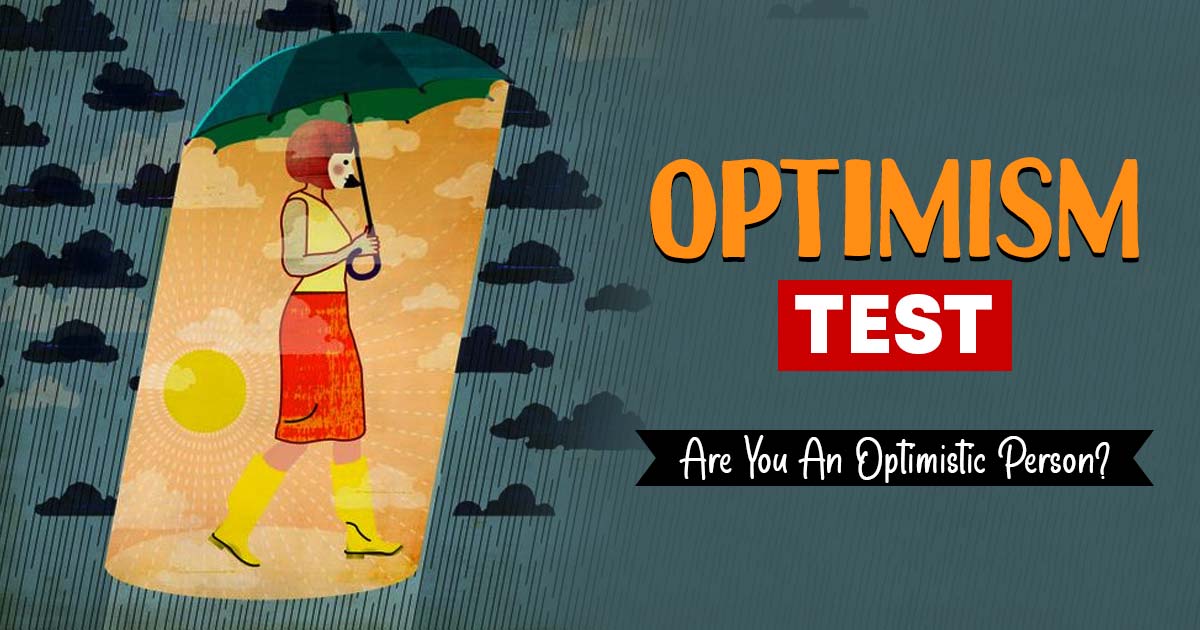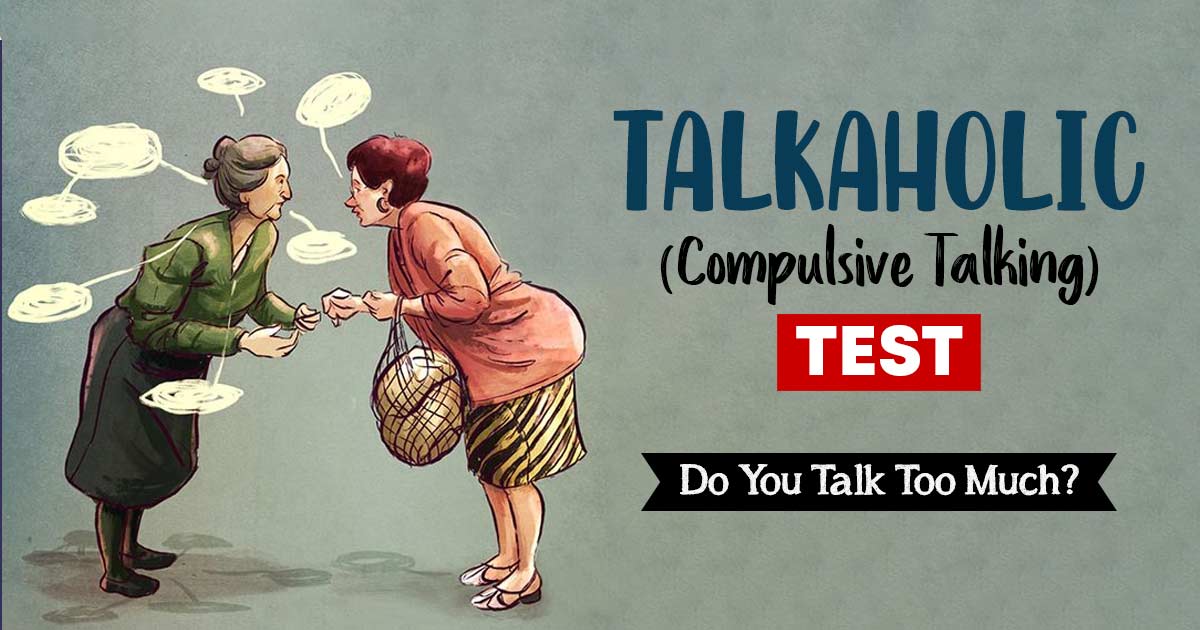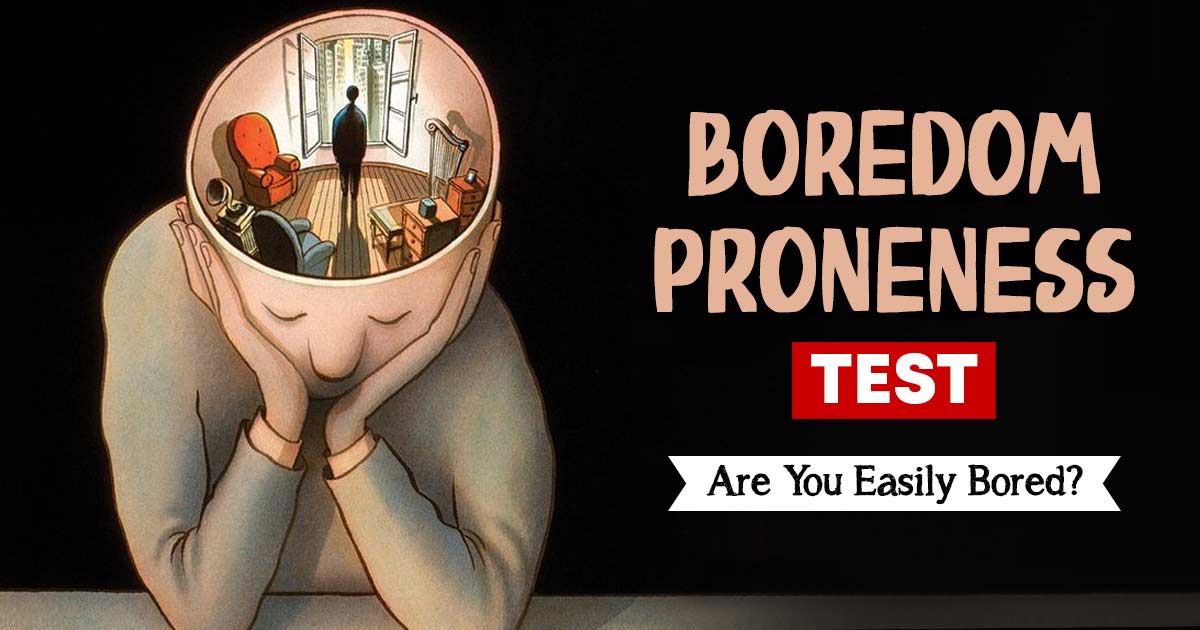Are you struggling to move forward after the loss of a loved one? Do you find it hard to accept their death and feel a sense of resistance? Are you experiencing numbness or a lack of purpose, making it difficult to resume life as it was before? If you are dealing with these emotions, consider taking this grief disorder test to evaluate if you may be showing signs of grief disorder.
What Is Grief Disorder?
Grief is a natural reaction to the loss of someone dear. While most individuals are able to manage the emotional impact of this loss, a small group experiences persistent and intense grief that can disrupt daily life.
Prolonged grief disorder is a recognized condition in the Diagnostic and Statistical Manual of Mental Disorders (DSM-5). It is characterized by profound and enduring grief that lasts for at least 6 months (12 months for children and teens) following the death of a loved one. This disorder can make it difficult for individuals to function at home, work, or in other important areas of life.
Common Signs of Grief Disorder:
- A deep sense of disbelief regarding the death.
- Avoidance of reminders that the person is gone.
- Intense emotional pain, such as anger, bitterness, or sorrow, related to the death.
- Difficulty reintegrating into social circles, including issues with engaging with friends, pursuing hobbies, or planning for the future.
- Emotional numbness, where there is a notable reduction in emotional responses.
- A profound sense of loneliness and a feeling that life has lost its meaning.
Instructions for Taking the Grief Disorder Test
Below is a series of questions designed to assess how well an individual is coping with grief. Please read each question carefully and choose the options that most accurately reflect your current experience.
Please note: This test is a self-assessment and is most relevant for those who have experienced the loss of a loved one in the past few months.
Assessment Summary
0 of 15 Questions completed
Questions:
Information
You have already completed the assessment before. Hence you can not start it again.
Assessment is loading…
You must sign in or sign up to start the assessment.
You must first complete the following:
Results
Results
Your time:
Time has elapsed
You have reached 0 of 0 point(s), (0)
Earned Point(s): 0 of 0, (0)
0 Essay(s) Pending (Possible Point(s): 0)
Categories
- Mental Health Assessment 0%
-
Low Signs Of Grief Disorder
Your present score reveals that you have low signs of grief disorder. As your score reflects that you might feel a slight inability to accept the loss of your loved one and to a few extent might denies the fact whether the death really occurred or not. Also, it can be noticed from your response that you might be facing a little difficulty engaging in the social world and interacting with your friends, and family after the death of your loved ones. Besides this, it can be seen from your response that you might feel to a few extents that your life is meaningless and might feel difficulty carrying on everyday activities without the physical presence of the lost individual.
Further, it can be seen from your response that you may feel guilty to a few extents thinking that the loved one could have survived more and might show anger and irritability to communicate anything that relates to the lost one. However, it should be noted that your responses may have an impact on your social, occupational, and other areas of functioning. if you think the results do not accurately match your characteristics, then we would encourage you to consult a Psychologist for an accurate result.
Want to learn more?
Grief Disorder, or complicated grief is often dealt with through psychotherapy to heal the distorted thought and manage behavior of the individual trigged by the loss of loved ones. Apart from these few coping strategies can also help the person deal with the condition individually such as finding pleasure in regular activities, trying a new skill or reexploring an old hobby, gardening, making a work schedule, memorizing the lost one involving friends, and family to avoid loneliness and also by engaging in deep meditating process to reintegrate the thought process of the mind. If you want to know how to deal with grief, talk to our professional psychologists.
You can use our Mood Tracker to stay mindful of your mood every day, identify your innermost thoughts & emotions on a daily basis. It will aid you in doing all those things you love, while limiting activities that might dampen your mood.
-
Moderate Signs Of Grief Disorder
Your present score reveals that you have moderate signs of grief disorder. As your score reflects that you might feel somewhat unable to accept the loss of your loved one and to some extent might deny the fact whether the death really occurred or not. Also, it can be noticed from your response that you might be facing difficulties in some cases engaging in the social world and interacting with your friends, and family after the death of your loved ones. Besides this, it can be seen from your response that you might feel sometimes that your life is meaningless and might find it difficult to carry out some of your daily activities without the physical presence of the lost individual.
Further, it can be seen from your response that you may feel guilty to some extent thinking that the loved one could have survived more, and might show anger and irritability sometimes to communicate anything that relates to the lost one. However, it should be noted that your responses may have an impact on your social, occupational, and other areas of functioning. if you think the results do not accurately match your characteristics, then we would encourage you to consult a Psychologist for an accurate result.
Want to learn more?
Grief Disorder, or complicated grief is often dealt with through psychotherapy to heal the distorted thought and manage behavior of the individual trigged by the loss of loved ones. Apart from these few coping strategies can also help the person deal with the condition individually such as finding pleasure in regular activities, trying a new skill or reexploring an old hobby, gardening, making a work schedule, memorizing the lost one involving friends, and family to avoid loneliness and also by engaging in deep meditating process to reintegrate the thought process of the mind. If you want to know how to deal with grief, talk to our professional psychologists.
You can use our Mood Tracker to stay mindful of your mood every day, identify your innermost thoughts & emotions on a daily basis. It will aid you in doing all those things you love, while limiting activities that might dampen your mood.
-
High Signs Of Grief Disorder
Your present score reveals that you have high signs of grief disorder. As your score reflects that you seem to mostly feel an inability to accept the loss of your loved one and to a many extent might deny the fact whether the death really occurred or not. Also, it can be noticed from your response that you might be facing many difficulties engaging in the social world and interacting with your friends, and family after the death of your loved ones. Besides this, it can be seen from your response that in many cases you might feel that your life is meaningless, and might be better if you could end your life too which makes it very difficult for you to carry out your daily activities without the physical presence of the lost individual.
Further, it can be seen from your response that you seem to keep a strong guilt feeling thinking that the loved one could have survived more, and might show frequent anger and irritability to communicate anything that relates to the lost one. However, it should be noted that your responses may have a strong impact on your social, occupational, and other areas of functioning. if you think the results do not accurately match your characteristics, then we would encourage you to consult a Psychologist for an accurate result.
Want to learn more?
Grief Disorder, or complicated grief is often dealt with through psychotherapy to heal the distorted thought and manage behavior of the individual trigged by the loss of loved ones. Apart from these few coping strategies can also help the person deal with the condition individually such as finding pleasure in regular activities, trying a new skill or reexploring an old hobby, gardening, making a work schedule, memorizing the lost one involving friends, and family to avoid loneliness and also by engaging in deep meditating process to reintegrate the thought process of the mind. If you want to know how to deal with grief, talk to our professional psychologists.
You can use our Mood Tracker to stay mindful of your mood every day, identify your innermost thoughts & emotions on a daily basis. It will aid you in doing all those things you love, while limiting activities that might dampen your mood.
- 1
- 2
- 3
- 4
- 5
- 6
- 7
- 8
- 9
- 10
- 11
- 12
- 13
- 14
- 15
- Current
- Review
- Answered
- Correct
- Incorrect
-
Question 1 of 15
1. Question
Do you feel it difficult to accept the death of your loved one?
-
Question 2 of 15
2. Question
Do you feel difficulties coping with the physical absence of the lost one?
-
Question 3 of 15
3. Question
Do you feel that your lost one will get back to you one day?
-
Question 4 of 15
4. Question
Do you keep guilty feelings that the lost one could have survived more?
-
Question 5 of 15
5. Question
Do you feel that you can still communicate with the lost one?
-
Question 6 of 15
6. Question
Do you feel it so hard to express your genuine feelings for the lost one?
-
Question 7 of 15
7. Question
Do you feel that a major part of your life seems to be meaningless without the presence of the lost one?
-
Question 8 of 15
8. Question
Do you keep yourself isolated from the rest of the social world after losing your loved ones?
-
Question 9 of 15
9. Question
Do you feel that you are now alone after losing your loved one?
-
Question 10 of 15
10. Question
Do you force yourself to forget the loved one you lost?
-
Question 11 of 15
11. Question
Do you feel that your life becomes a burden after losing your loved one?
-
Question 12 of 15
12. Question
Do you get irritated, show anger when someone talk to you about the lost one?
-
Question 13 of 15
13. Question
Do you feel that you could have tried more to prevent the death of your loved one?
-
Question 14 of 15
14. Question
Do you feel that it would be better to end your life too with the loss of your loved one?
-
Question 15 of 15
15. Question
Do you feel difficulty carrying out your usual day-to-day activities after losing your loved one?

